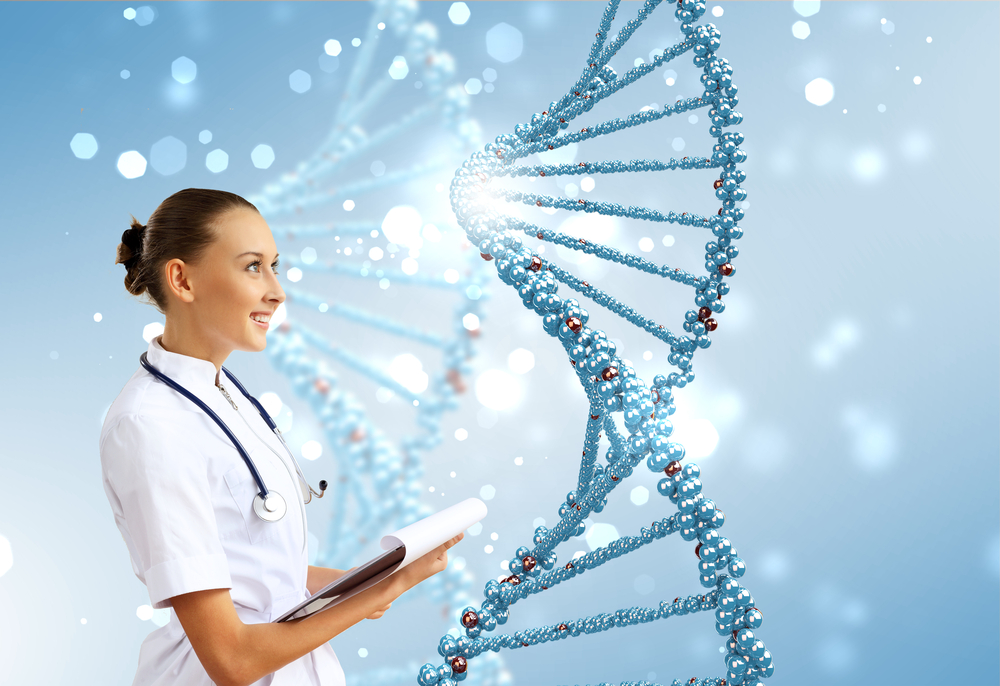Autism, Common in Angelman, May be Caused by Maternal Genetic Defects, Study Shows
Written by |

Certain genetic defects of maternal origin may be a potential cause of autism spectrum disorder, a neurodevelopmental disorder often found in Angelman syndrome patients, a study suggests.
The study, “A genome-wide investigation into parent-of-origin effects in autism spectrum disorder identifies previously associated genes including SHANK3,” was published in the European Journal of Human Genetics.
Genetic effects known as “parent-of-origin” effects, meaning they are dependent on whether they are inherited from the mother or father, have been highlighted as an important mechanism in the development of neurodevelopmental disorders such as Prader-Willi and Angelman syndromes.
Individuals with these diseases often exhibit symptoms of autism spectrum disorder (ASD), a complex and heterogeneous neurodevelopmental disorder characterized by repetitive behaviors and impairment of language and social behavior.
ASD is believed to affect more than 1 percent of the general population. Some studies point to a genetic, heritable cause, while others also implicate environmental factors, including those that occur during pregnancy or after birth.
Researchers looked at a phenomenon known as genomic imprinting — known to cause parent-of-origin effects — and its possible involvement in ASD.
Each person receives two copies of the same gene: one from the mother and one from the father. However, due to genomic imprinting, one of the genes is silenced, and genetic expression is restricted to the gene inherited from one parent only — the one that remains active.
Using databases containing genetic information on thousands of ASD individuals and their families, namely the Autism Genome Project and Simons Simplex Consortium, the team identified a total of 18 imprinting effects and 68 maternal genetic effects that could account for the underlying genetic mechanisms observed in ASD.
“We identified imprinting and maternal genetic effects for regions that have previously shown evidence for parent-of-origin effects in ASD,” the authors wrote.
Additionally, they detected a new maternal genetic effect in two genes, SHANK3 and WBSCR17, both previously linked to ASD.
In fact, the WBSCR17 gene is deleted in Williams syndrome, a developmental disorder often showing autistic traits.
“Our findings suggest that mutations in a mother’s SHANK3 gene or the WBSCR17 gene could increase the likelihood of the offspring having ASD,” the researchers said.
“Although our findings are very promising, further investigation is necessary,” they concluded.





